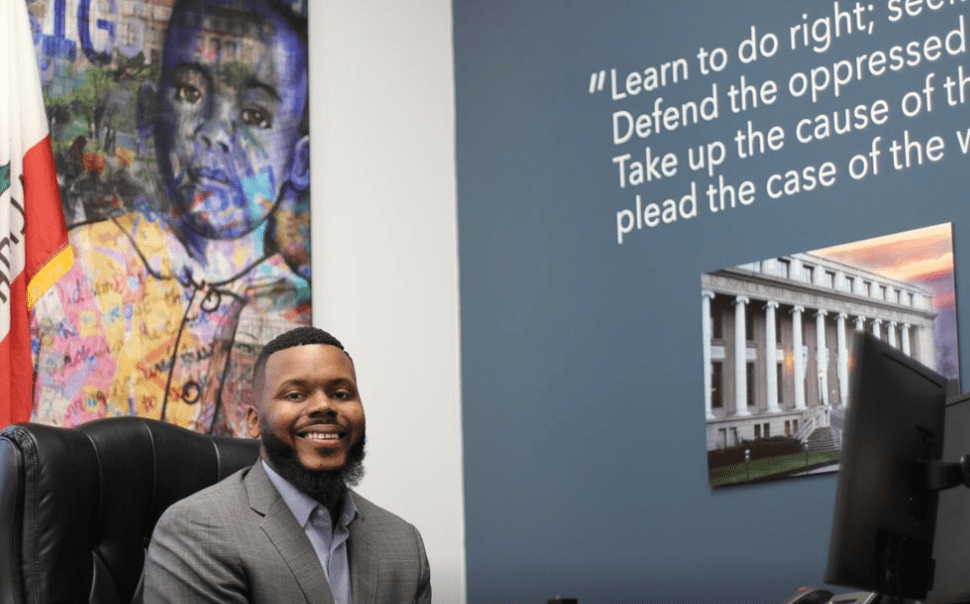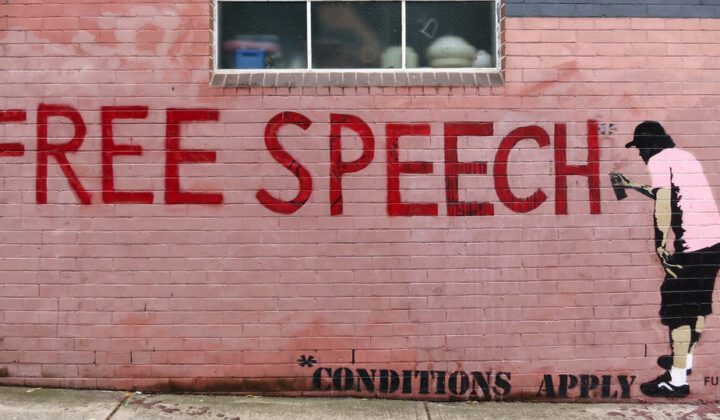This week saw renewed interest in the viability of a universal basic income (UBI) after the release of encouraging preliminary results from a $500-a-month guaranteed income pilot program in Stockton, California. A pair of independent researchers analyzed data from the first year of the experiment (up to February 2020) and found that compared to a randomly-selected control group, the recipients:
- Found employment at a 7% rate higher than that of the control group.
- Did not generally squander the money on “temptation goods,” spending less than 1% of the money on alcohol and tobacco.
- Experienced improvements in mental health on average equivalent to “moving from likely having a mild mental health disorder to likely mental wellness.”
The study’s authors hypothesized that having greater financial freedom liberated participants to set goals and seek more stable employment. For instance, one man who had been eligible for a real estate license but couldn’t afford to take time off his job said that thanks to the money, his life was “converted 360 degrees.”
It is important to note that this study was quite limited: just 125 people received the payments and these are preliminary findings, so the significance of the results should not be overstated. However, they are consistent with the results of more comprehensive research on guaranteed transfer programs.
1. Does this mean UBI is sound public policy?
Not necessarily, but wherever people land on this question, we should set ideology aside and focus on evidence.
First, it is important to note that the Stockton trial targeted low-income neighborhoods, and thus did not involve a bona fide universal basic income, because it was not provided to everyone.
In support of a UBI, most evidence suggests that giving money directly to those in need is more beneficial than the government spending it on their behalf, denying recipients agency and choice. In the words of Milton Friedman, “nobody spends somebody else’s money as carefully as he spends his own.” Furthermore, research to date has suggested the proposal is unlikely to strongly disincentivize work and that households typically spend the money on necessities or save it rather than indulging in vices.
However, many UBI skeptics point out that the payments would likely be fiscally ruinous due to their universality. Arguably the most rigorous study conducted to date found that even at a level just half that of common proposals ($6,000 per year), by 2032, a federal UBI would cause a cataclysmic increase in the national debt (81%) and, due to “crowding out,” an unprecedented decrease in GDP (9%, about twice the drop experienced during the Great Recession).
For more information on this complicated topic, Intelligence Squared’s UBI debate is a great resource.
2. Why might UBI be important for our democracy?
Many UBI advocates frame the policy as a necessary response to the rise of artificial intelligence (AI), which could cause mass unemployment that could in turn trigger political radicalization.
AI innovations have the potential to raise global GDP by a massive 26% by 2030, but could also automate away up to 47% of American jobs over the next few decades. While automation has historically created jobs faster than it has replaced them, many argue this transition is fundamentally different because fewer workers are needed to train robots capable of training themselves, among other reasons.
Establishing a basic safety net may also quell some of the economic anxiety that empowers ideologues: research has directly linked automation with increased support for populism, and the issue may have even swung the 2016 election to a candidate with authoritarian tendencies.
Figures from Martin Luther King Jr. to Milton Friedman have supported versions of a UBI because it would ensure that no American would suffer from material deprivation. This is a perfect example of a policy that could have a transformative impact on our democracy in a way that transcends partisanship. However, if put in place, the policy could prove very difficult to roll back—we must follow a data-driven approach, cautious following where the evidence leads.





